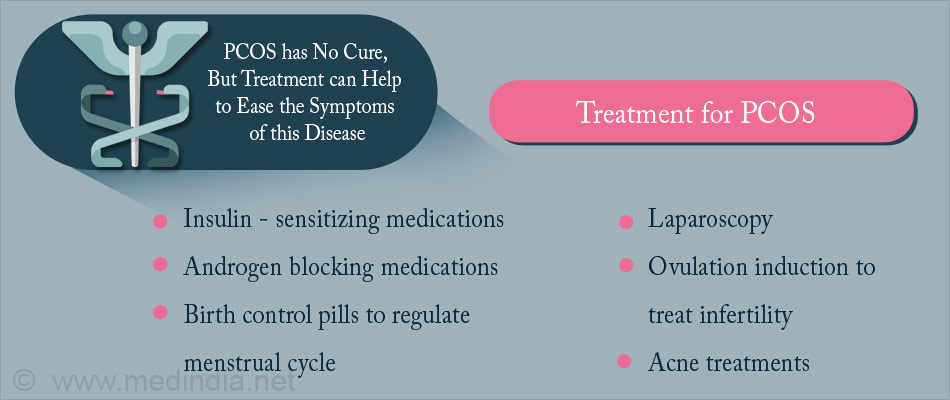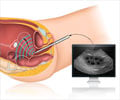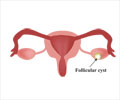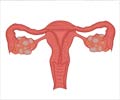Polycystic Ovarian Syndrome - Treatment
Polycystic Ovary disease requires "control" rather than "cure," and treatment depend on symptoms, age, desire to become pregnant
Polycystic Ovary disease requires "control" rather than "cure," and the focus of treatment changes with the age of the women seeking treatment. In short the treatment decisions depend on symptoms, age, whether or not the women wants to become pregnant, and the extent of hormonal excess from the ovaries or adrenals.

Polycystic ovary syndrome requires medical intervention to control irregular bleeding, relieve chronic anovulation, and facilitate pregnancy. Treatment alternatives should be directed initially toward the most compelling symptom.
Management and treatment approaches are directed also to address specific symptoms such as acne, excess hair growth, menstrual problems and infertility.
To prevent long-term complications, the treatment can be individualized. The drugs that are commonly used include steroid hormones, anti-androgens or Insulin sensitizing agents.
Pregnancy in Polycystic Ovary Disease – There are two important strategies to induce ovulation and increase the chances of pregnancies. These include - weight loss and clomiphene citrate or other ovulation induction medications.
- Weight loss not only restores ovulation but result in as high as a 33% pregnancy rate,
- Clomiphene is more effective in inducing ovulation and the pregnancy rate of 70% has been attained in good centres. Generally clomiphene administration will result in ovulation in 50 to 60 percent of cases, in pregnancy in 30 percent, and in multiple gestation (twins or greater) in 3 percent.
A. STEROID HORMONES
- Oral contraceptive Pills (OCP)are the most efficient means of androgen suppression (ovarian as well as adrenal), and nearly any combination OCP is effective in treating PCOS. OCPs can be used alone or in conjunction with antiandrogens, gonadotropin-releasing hormone agonists, or insulin-sensitizing agents
- Gonadotropin-releasing hormone (GnRH) analogs - such as luprolide (Lupron) should be reserved for use in women who do not respond to combination hormonal therapy or cannot tolerate oral contraceptive pills.
B. ANTIANDROGENS
Therapy with spironolactone (Aldactone) has a direct suppressive effect on enzymes in the androgen biosynthetic pathway. This agent is most effective when combined with OCPs; some form of contraception is advisable when it is used alone.
C.INSULIN REDUCTION
- Metformin - has been used to restore menstrual cyclicity and induce ovulation in PCOS without the use of additional fertility drugs. If fertility is desired, ovulation induction agents can be added.
A large body of evidence has demonstrated an association between insulin resistance and polycystic ovary syndrome. Insulin resistance has an established link with long-term micro vascular diseases such as Type 2 diabetes mellitus, hypertension, and atherosclerotic heart disease
D. SURGERY
Laparoscopy - Recent successes with ovulation-inducing agents has decreased the use of ovarian wedge resection surgery. Newer surgical techniques such as ovarian drilling often provide temporary results and do not address the underlying metabolic disturbances in patients with polycystic ovary syndrome.
A significant percentage of women who undergo ovarian cautery or laser vaporization via laparoscopic techniques have spontaneous restoration of ovulation with subsequent pregnancy.
E. LIFESTYLE MODIFICATION
The most successful but difficult therapy to "administer" is weight loss. Weight loss should not be rapid or drastic but should be achieved through consistent lifestyle.
Modifications should include gentle exercise, intake of dietary carbohydrates with a low glycemic index, and a reduced intake of fats and simple sugars.
- Hirsutism, Acne
Shaving and depilatory creams or electrolysis are the most efficient short-term means for terminal hair removal




















